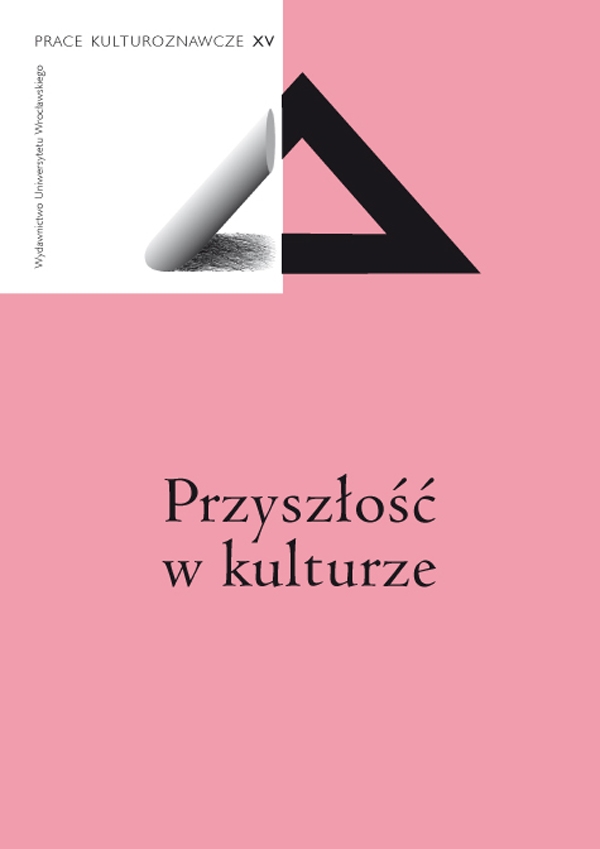

Strony redakcyjne

Culture as a future-oriented challenge to the present. On the role of the future in the thinking about culture
I would like not so much to focus my analysis on Zygmunt Bauman’s probably universally known reflection, but, rather, to look at the past and search in it for the first attempts to conceptualise the notion of culture. Since the second half of the 1960s Bauman has been very intensely focused on building what today we could easily call a theory of culture. When we follow the development of his thought, we can clearly see that culture occupies a special place in it. Bauman is becoming increasingly distanced from thinking about culture in the Marxist categories of superstructure and function of the regulator of the social structure, and is getting closer and closer to thinking about it as an autonomous sphere; he seeks a “thoughtful separation” of culture from society, which means that he sees a need for subjecting culture to a different, separate analytical perspective. Thinking about culture will, of course, evolve until it finally crystallises in a position that can be seen in the metaphor of “culture as consumer co-operative.” However, before this happened, the author’s reflection had been marked by both semiological and anthropological thinking. This is why it is worth analysing the path leading to this position, and the signpost that enables us to follow this path is the category of the future or, to be more precise, reflection on culture as an inclination towards the future.
The concept of culture in positive social sciences came down to a description of a “predictable, routine, institutional aspect of human behaviour.” Thus culture and society were incorporated into the transcendental order, soaring above individuals in the form of a ready-made reality, always existing before behaviour, before the act of creation.
It is also worth adding, and this is by no means a marginal issue, that in Bauman’s thinking there emerges no association of culture with the past, heritage, tradition, time-honoured order. Culture is a desire to correct the present, to seek the future. However, would culture defi ned in this way be found only in the mental, ideational sphere? Is culture only ideas, an imagined state or a human way of living in the present? Bauman’s reflection on culture is associated with thinking in terms of praxis.
In order to look at the evolution of the reflection on culture as the future, I will analyse Zygmunt Bauman’s early writings, beginning with Ideas, Ideals, Ideologies, through Visions of a Human World and Culture and Society, ending with Culture as Praxis. Thus, I will end this analysis at 1972, mentioning only that the later, well-known concepts of culture were a consequence of ideas crystallised earlier.